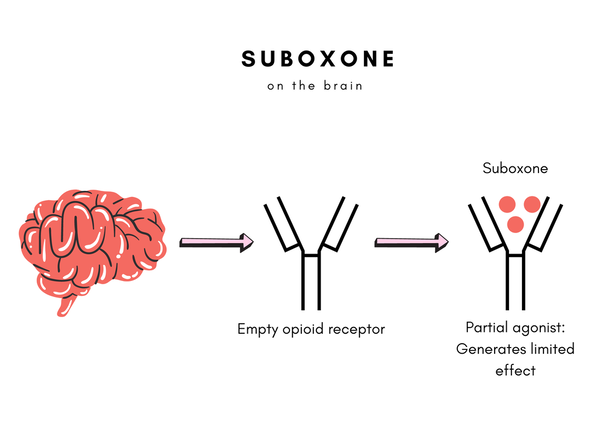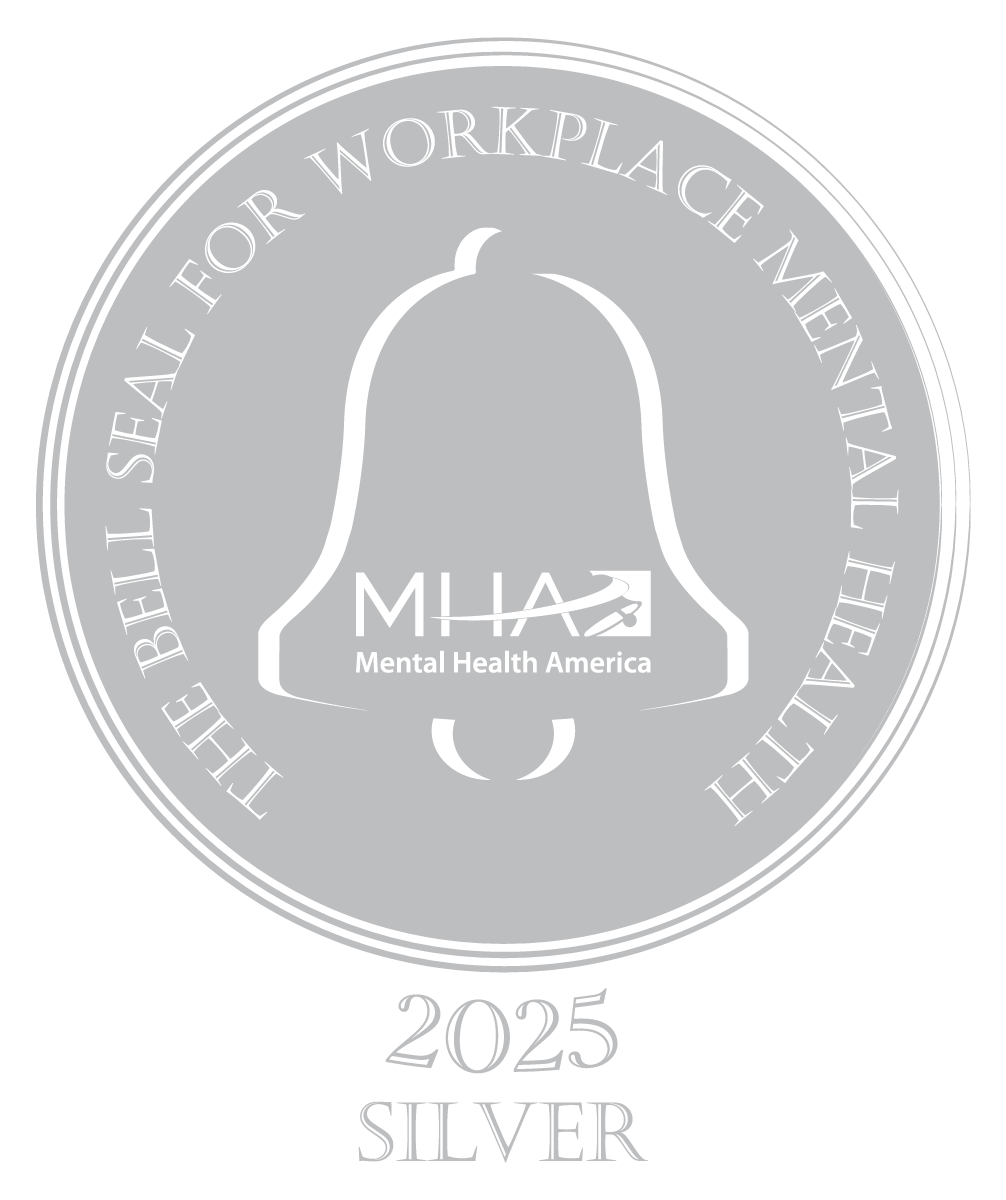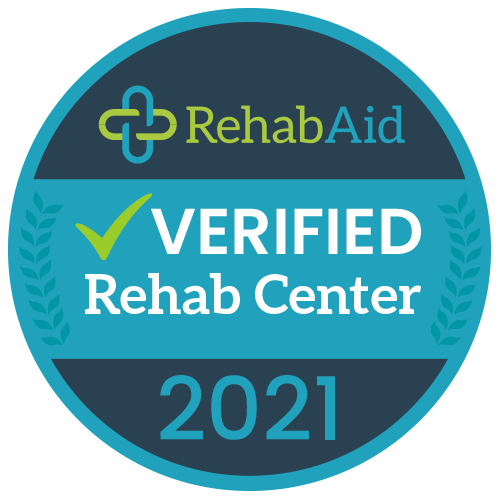Schedule your appointment today
Where Possibilities Begin: Healing Together One Step at a Time
What is Suboxone?
Suboxone is a combination of two drugs: buprenorphine and naloxone. They work chemically to decrease the severity of withdrawal symptoms and reduce opioid dependence long term.
Suboxone is a combination of two drugs: buprenorphine and naloxone. They work chemically to decrease the severity of withdrawal symptoms and reduce opioid dependence long term.
Suboxone Preparation
Depending on certain factors such as the nature and half-life of a particular opioid, patients may need to wait anywhere from 1 to 10 days since last opioid use before starting Suboxone. For example, many patients can safely and successfully start Suboxone if Methadone was the last substance used within the opioid subclass. For these reasons, it is important for patients to be honest with providers regarding use. This way, they can best determine the appropriate plan for induction (starting Suboxone), titrating (adjusting the dose to best manage symptoms), and tapering after the healing and recovery process is substantiated.
Depending on certain factors such as the nature and half-life of a particular opioid, patients may need to wait anywhere from 1 to 10 days since last opioid use before starting Suboxone. For example, many patients can safely and successfully start Suboxone if Methadone was the last substance used within the opioid subclass. For these reasons, it is important for patients to be honest with providers regarding use. This way, they can best determine the appropriate plan for induction (starting Suboxone), titrating (adjusting the dose to best manage symptoms), and tapering after the healing and recovery process is substantiated.
How does Suboxone Work?
Suboxone is part of a family of medications used in medication for opioid use disorder (MOUD). Unlike opioids that are strictly "agonists" such as heroin, morphine and oxycodone. Suboxone is a partial agonist (at mu receptors) and an antagonist (at kappa receptors). When you use an opioid agonist, the drug activates a pain-blocking receptor in your brain, altering your perceptions of pain and releasing endorphins that mimic pleasure. This is known as the "opioid effect." Alternatively, when you make an opioid antagonist (a partial agonist) like Suboxone part of your recovery, the medication will negate the effects of opioids by preventing them from activating those pain receptors. This helps to manage both cravings and withdrawal symptoms.
Suboxone is part of a family of medications used in medication for opioid use disorder (MOUD). Unlike opioids that are strictly "agonists" such as heroin, morphine and oxycodone. Suboxone is a partial agonist (at mu receptors) and an antagonist (at kappa receptors). When you use an opioid agonist, the drug activates a pain-blocking receptor in your brain, altering your perceptions of pain and releasing endorphins that mimic pleasure. This is known as the "opioid effect." Alternatively, when you make an opioid antagonist (a partial agonist) like Suboxone part of your recovery, the medication will negate the effects of opioids by preventing them from activating those pain receptors. This helps to manage both cravings and withdrawal symptoms.
Suboxone
is only one part of Recovery
While medication for opioid use disorder is a great option for helping patients treat addiction, it should not be the only element of your recovery plan. A complete MOUD plan combines a monitored medication regimen with substance use counseling and primary care visits to keep both your mind and your body at the highest level of wellness and stability. Although care is individualized, the mental health component cannot be ignored, and patients often benefit from behavioral health models which include psychotherapy, cognitive behavioral therapy (CBT), or psychiatric evaluation and treatment.
HoursMonday - Friday 4:30am to 2:30pm
Closed Wednesday from 11:30am to 12:30pm Saturday 6:30am to 8:30am Closed Sunday and federal holidays |
Telephone480-981-1022
Toll Free 877-508-9490 |
|
© COPYRIGHT 1988-2025 NEW HOPE BEHAVIORAL HEALTH CENTER, INC. ALL RIGHTS RESERVED





